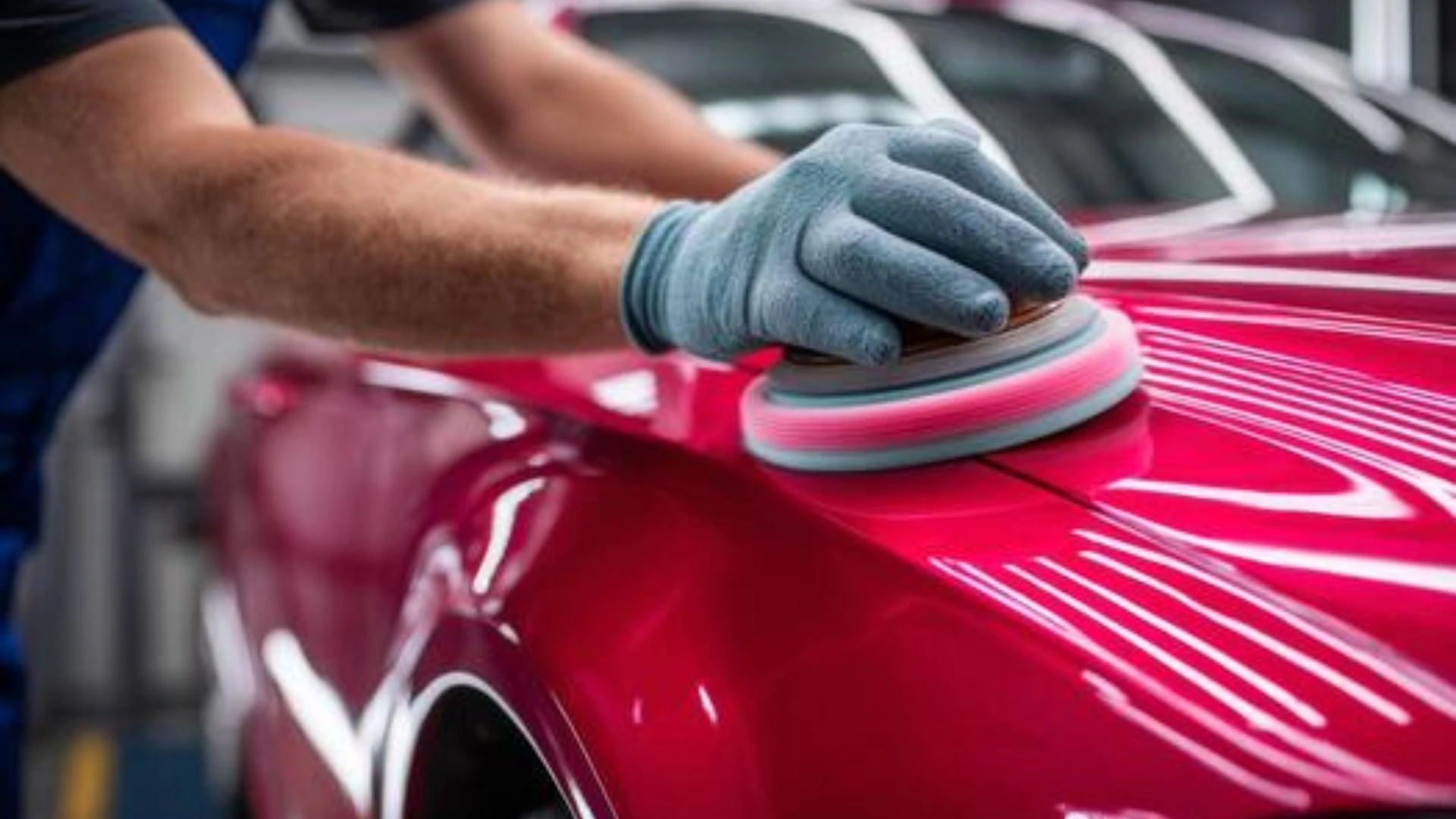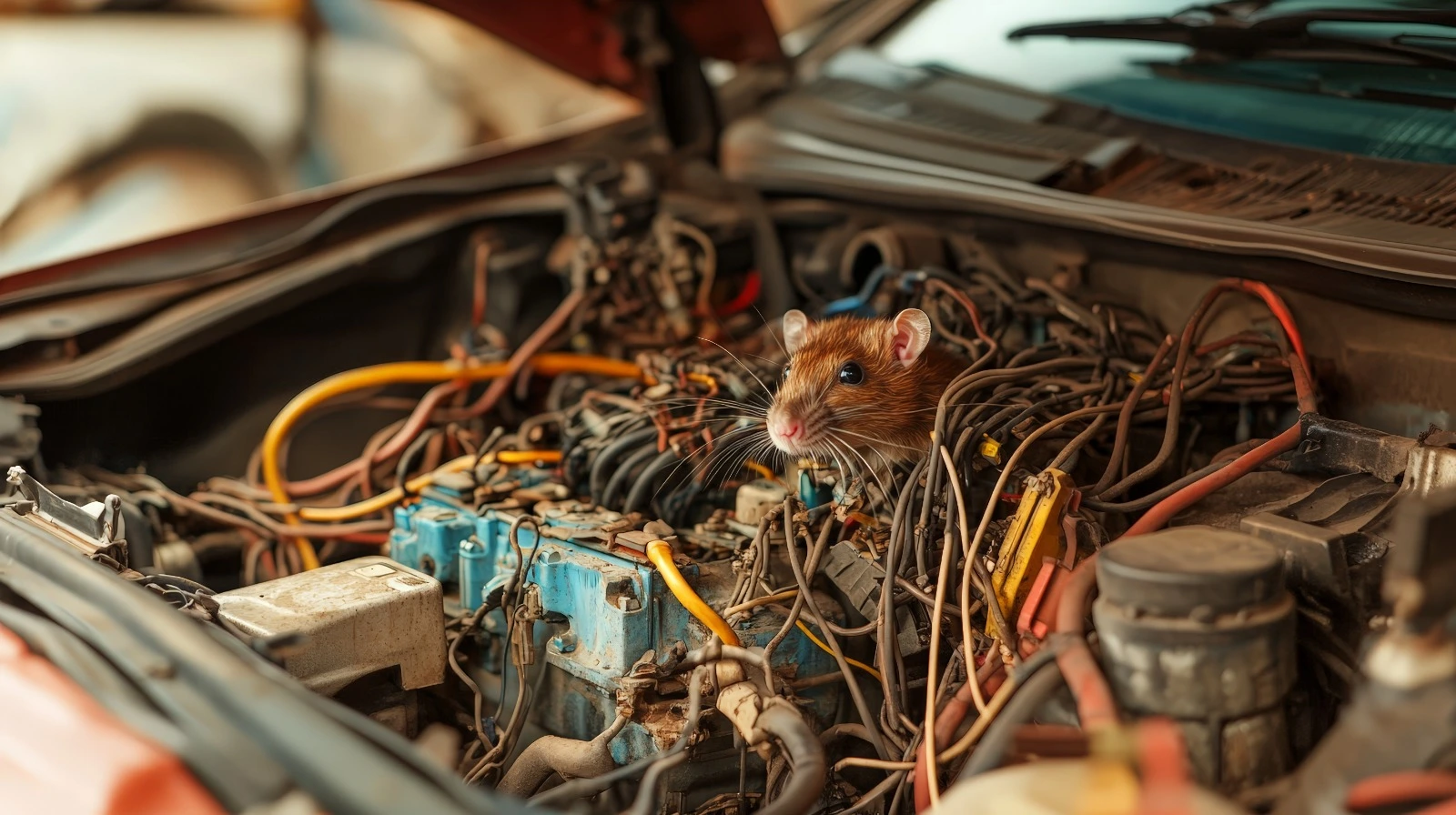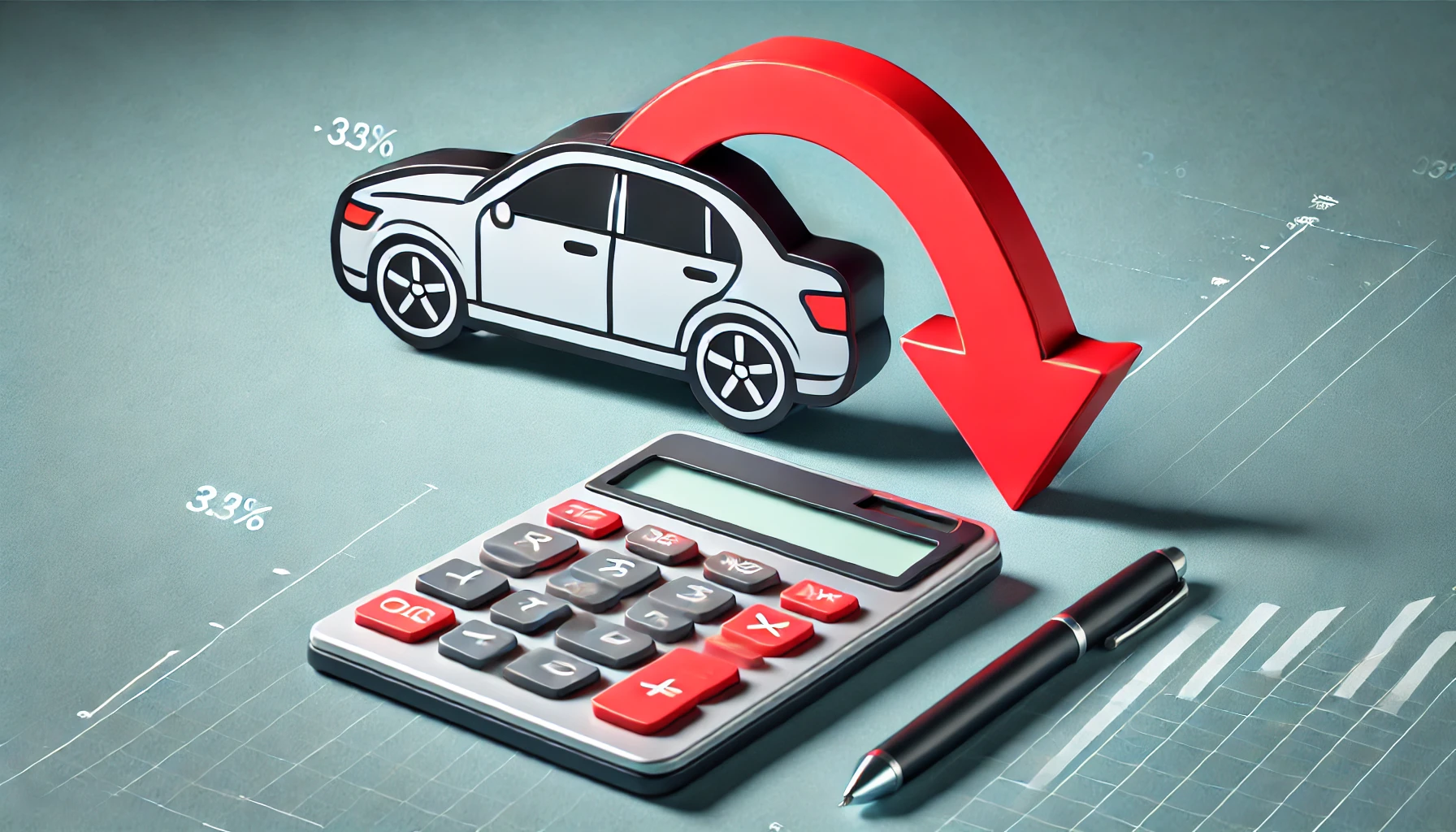
Table of Content
▼Understanding car depreciation is crucial for making informed decisions when purchasing a vehicle. Depreciation affects the overall cost of ownership and can influence your financial strategy, whether you're buying new or used. Here’s a detailed look at what car depreciation is, how it impacts your purchase, and strategies to manage it effectively.
What is Car Depreciation?
Car depreciation is the decrease in worth of a car as time goes by. The moment a new car leaves the dealership, its value starts to decrease. Depreciation is a natural part of the vehicle's lifecycle, driven by factors such as age, mileage, wear and tear, and market demand. Typically, cars depreciate faster in their first few years and then at a slower rate as they age.

Factors Influencing Car Depreciation
Several factors contribute to how quickly and significantly a car depreciates:
Make and Model: Luxury brands and high-end models often depreciate faster due to higher initial costs and maintenance expenses. Conversely, vehicles from brands known for reliability and lower repair costs, such as Toyota or Honda, might retain value better.
Mileage: Higher mileage often leads to faster depreciation. A car with more miles on the odometer is generally worth less because it has experienced more wear and tear.
Condition: The overall condition of the vehicle, including interior and exterior wear, impacts its value. Well-maintained cars with minimal wear typically depreciate slower than those with significant damage or neglect.
Market Trends: Changes in consumer preferences, fuel prices, and economic conditions can affect vehicle demand. For instance, a shift towards electric vehicles may reduce the value of gas-powered cars.
Age: New cars lose value the quickest, with the most significant drop occurring in the first three years. After this period, the rate of depreciation slows down.
Economic Factors: Broader economic conditions, such as inflation, interest rates, and market fluctuations, can also influence car depreciation.
Also Read: How to Protect Your Car from Theft: Tips and Tricks
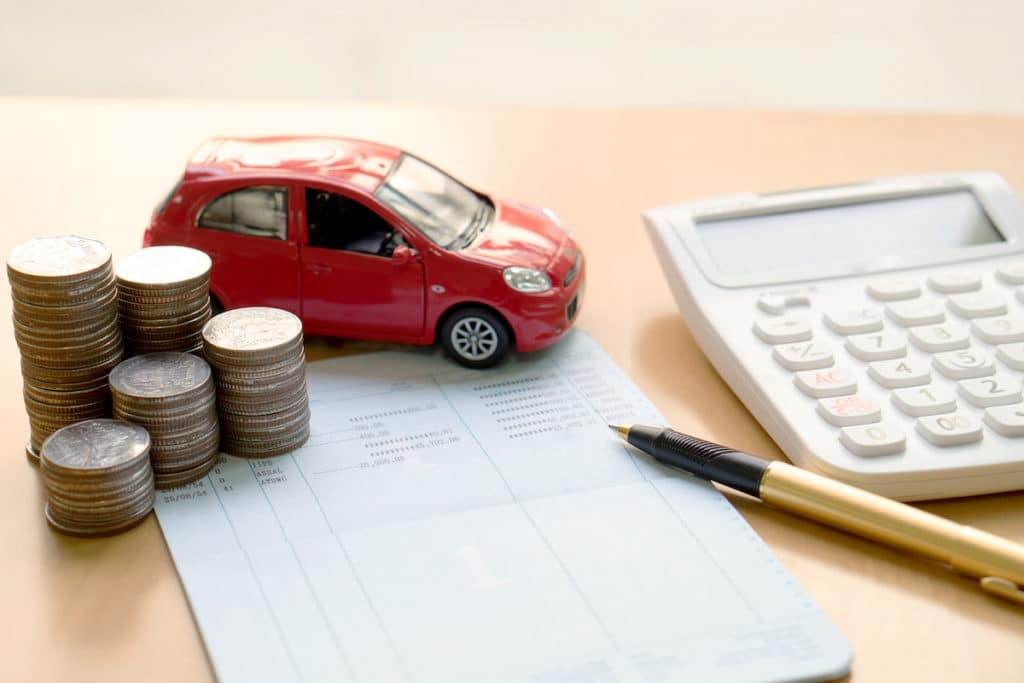
How Depreciation Affects Your Purchase
New Car Purchases: When buying a new car, you’ll face the most significant depreciation hit. New cars can lose up to 20% of their value in the first year and up to 60% over five years. If you plan to keep the car for a long time, this initial depreciation may be less of a concern. However, if you intend to sell or trade-in the vehicle within a few years, the high depreciation rate could impact your financial return.
Used Car Purchases: Buying a used car can be a strategic way to mitigate depreciation losses. Since the most significant depreciation occurs in the first few years, purchasing a car that is a few years old can offer better value for money. However, you’ll still need to consider factors such as the car’s condition and mileage, which can influence its remaining depreciation.
Resale Value: When purchasing a vehicle, consider its potential resale value. Cars known for reliability and low maintenance costs tend to have better resale value. Additionally, certain models and brands retain value better than others, which can be beneficial if you plan to sell or trade in the car in the future.
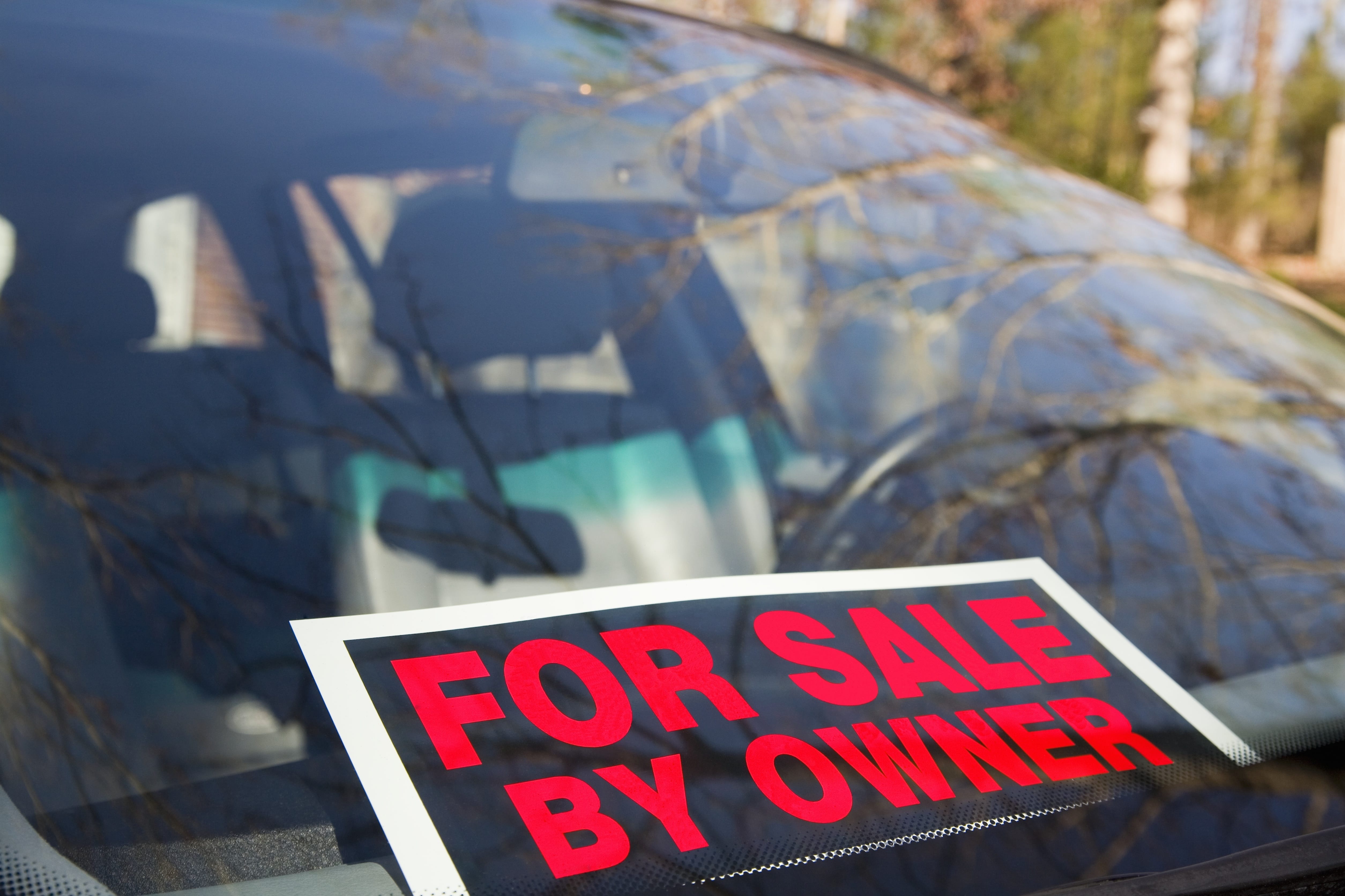
Strategies to Manage Car Depreciation
Choose Wisely: Research models known for retaining value and consider factors such as brand reputation, reliability, and market demand. Vehicles from manufacturers with a history of high resale values are often a better investment.
Buy Certified Pre-Owned (CPO): CPO vehicles often come with warranties and have undergone thorough inspections. They offer a balance between new and used cars, providing better value and less depreciation compared to new cars.
Keep It Well-Maintained: Regular maintenance and repairs can help preserve your vehicle’s value. Keeping the car in good condition, both mechanically and aesthetically, can slow the depreciation process.
Limit Mileage: Excessive mileage accelerates depreciation. If possible, limit the amount of driving and avoid long commutes to maintain the car’s value.
Opt for a Shorter Lease: If you prefer driving a new car without dealing with depreciation, consider leasing. Leasing often involves lower monthly payments and allows you to switch vehicles frequently, avoiding the long-term depreciation of ownership.
Negotiate a Better Price: When buying a new car, negotiate to reduce the initial cost, which can help mitigate the impact of depreciation. A lower purchase price can result in lower depreciation over time.
Conclusion
Understanding how car depreciation works can assist you in making wiser purchasing choices as it is an unavoidable part of owning a vehicle. By considering factors such as make and model, mileage, and market trends, you can better manage depreciation and potentially save money over the life of the vehicle. Whether buying new or used, implementing strategies to mitigate depreciation can lead to a more informed and financially sound vehicle purchase.
Also Read: How to Remove Stains from Your Car’s Interior: A Comprehensive Guide
Deepika Chauhan
Auto Care Specialist & Vehicle Maintenance Advisor Deepika Chauhan is a car care expert with 8+ years of experience in authorized service centers and independent garages. Her articles focus on DIY maintenance, service schedules, and tips that help car owners keep their vehicles in top condition.

_1770807147.webp)
